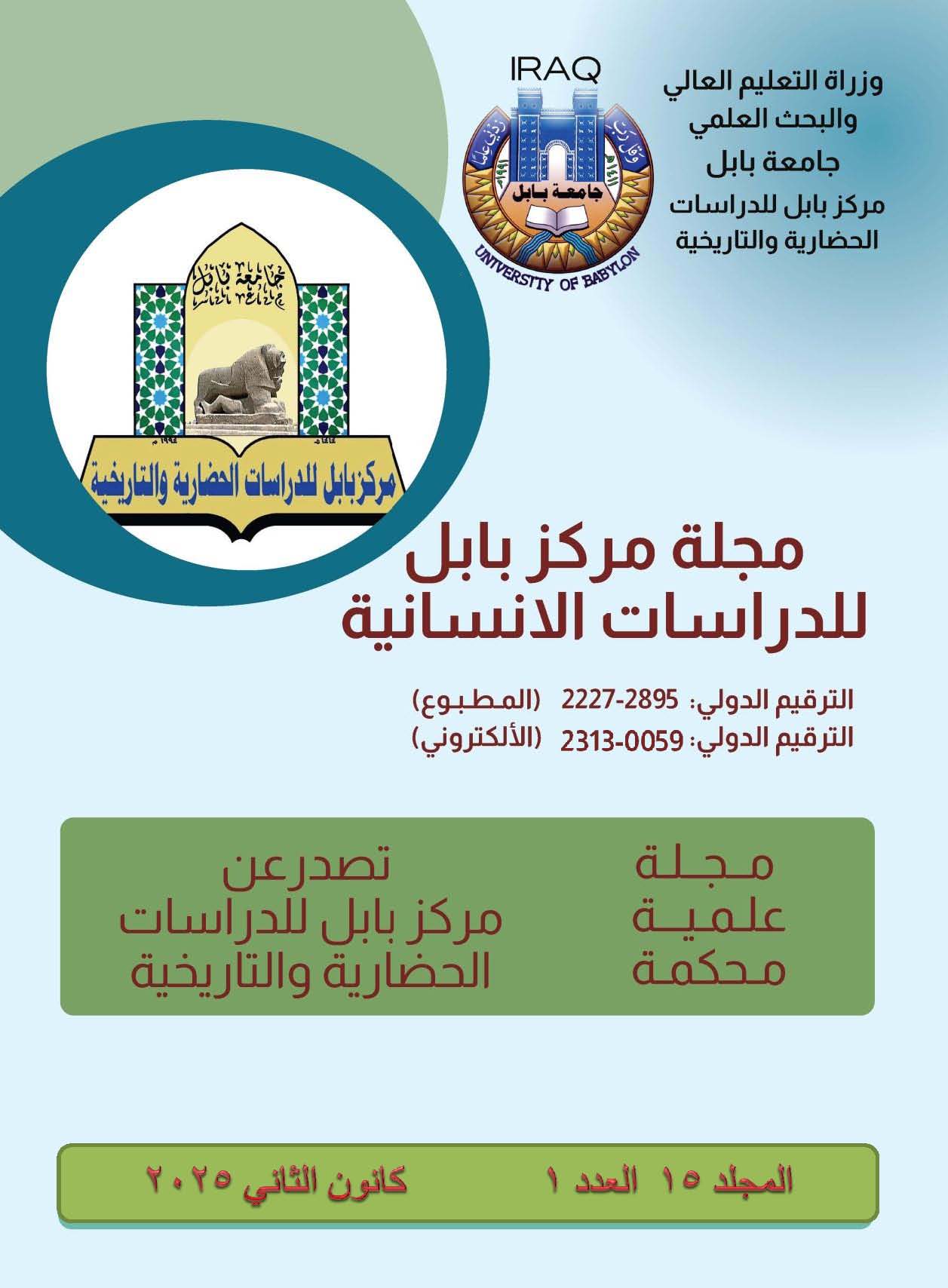Aramaic words borrowed from the Arabic language
Keywords:
Aramaic, foreign, Arabic, words.Abstract
The proximity of peoples to each other is a natural phenomenon, and from this proximity comes the proximity of languages and their overlap with each other, and this leads to the influence of these languages and the influence of each on the other. And the transfer of part of them to the other, and according to the strength of the language and the strength of its influence on the language next to it, the linguistic overlap in the neighboring languages becomes, the Aramaic language has influenced and been influenced by the rest of the languages in the region, including our Arabic language, so today we find a huge amount of vocabulary with Aramaic origins foreign to the Arabic language, especially in our colloquial or popular spoken language, and if we return to the dictionaries, we will find them of Aramaic and Syriac origins, the keeping pace of Syriac and Aramaic with Arabic made this overlap take up a large space between them and the transfer of vocabulary became available between the two languages, and this transfer has its objective reasons, and in turn these reasons led to the transfer of these words. The study of the phenomenon of linguistic interference is of great importance in its study and the study of its causes through its impact on the mother tongue and the factors of its decline and the factors of its strength. We find through research and investigation that there are many factors that affect negatively and positively the phenomenon of the transfer of vocabulary from one language to another, and these factors are worthy of study. It must be noted that the phenomenon of linguistic interference and mutual influence between neighboring languages is a natural phenomenon due to the environmental proximity and the factors of influence it carries, not only between Aramaic and Arabic, but it occurs in various languages and all environments. Aramaic words are abundant in the Arabic language and we find their use almost daily through the colloquial words in the Iraqi dialect, for example. If we return to the root of the word, we find that it goes back to that root to the Aramaic language and its various Syriac and Mandaic dialects and for the known reasons leading to this interference. It is necessary for us to deal with this phenomenon as a civilizational and natural phenomenon in all nations and in all languages. The research deals with this linguistic problem and its causes. And the factors affecting it on neighbouring languages and environments, with a presentation of linguistic models of this phenomenon and what the Aramaic and Arabic languages represent as a living example of the phenomenon of linguistic interference in Semitic languages .







